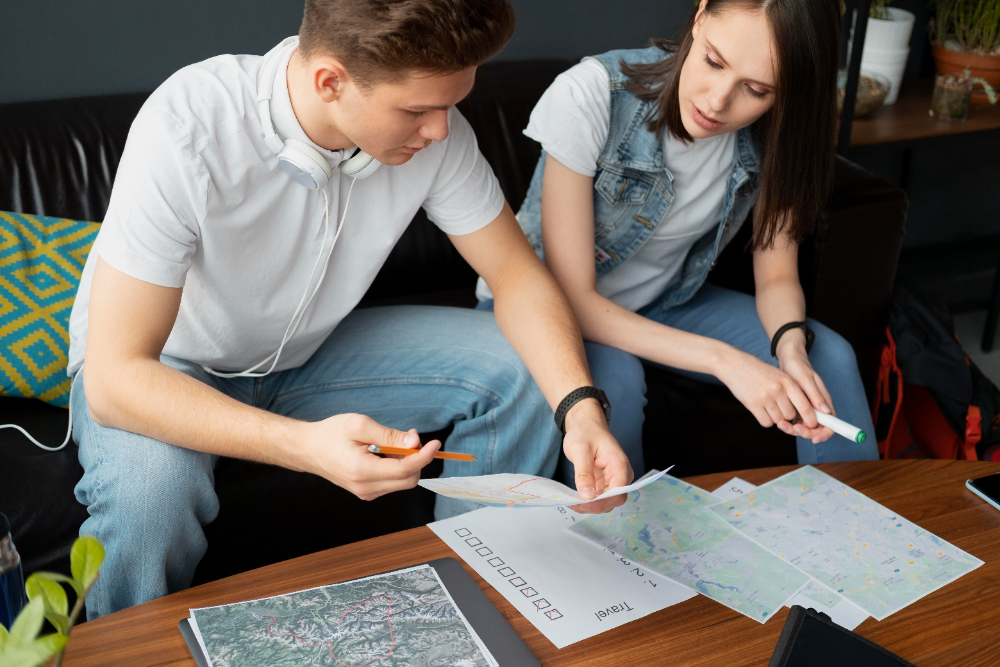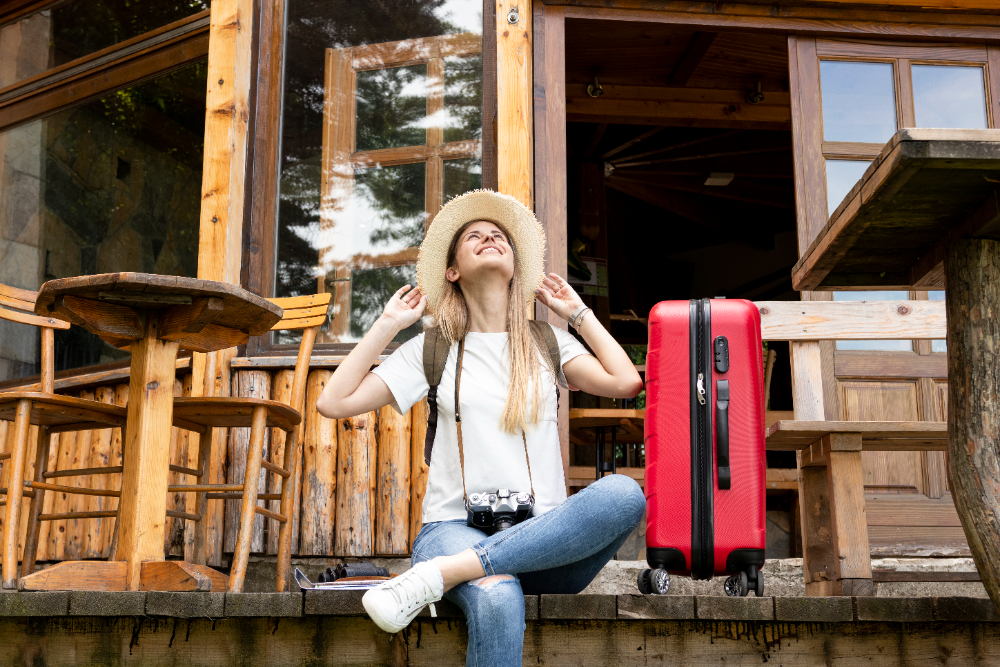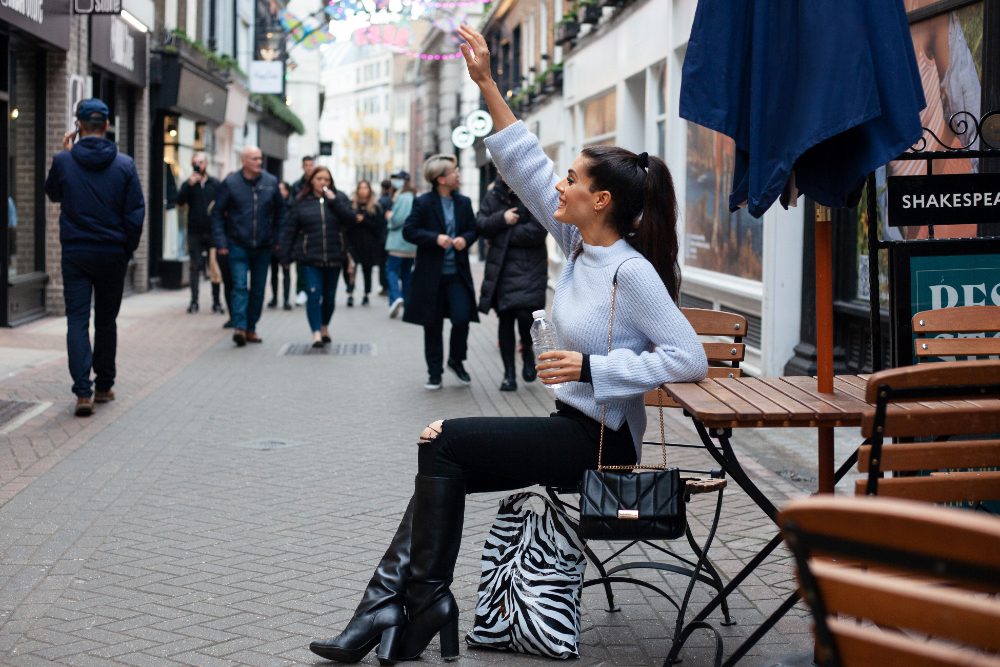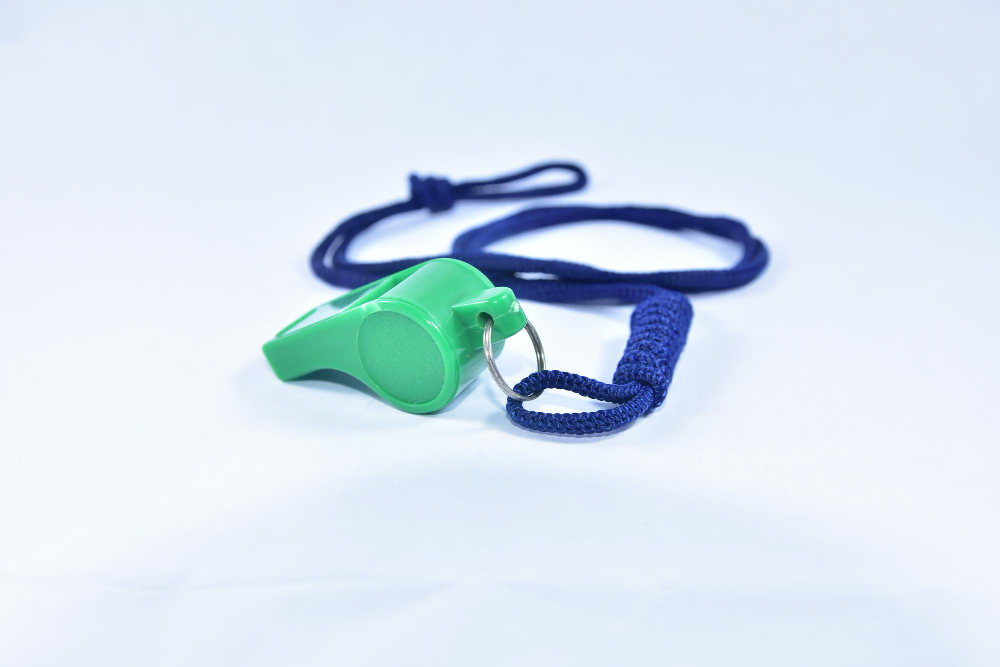Empower yourself to explore the world safely with these practical tips for solo female travelers.

Traveling solo as a woman can be an empowering and transformative experience, but it comes with unique safety considerations. From navigating unfamiliar streets to managing personal belongings, taking the right precautions ensures your journey is both enjoyable and secure. With careful planning and awareness, you can confidently embrace the adventure of exploring the world on your own.
Here are nine essential safety tips for solo female travelers to help you stay safe while making the most of your travels.
1. Research your destination thoroughly before you travel.

Understanding your destination is a key part of staying safe. Research local customs, laws, and potential safety concerns ahead of time. Learn which neighborhoods are safe to explore and which should be avoided. Reading reviews and joining travel forums can provide valuable insights from other female travelers. Knowing emergency contact numbers and locations of your country’s embassy can also prepare you for unforeseen situations. Being informed empowers you to make smart decisions during your trip.
2. Share your travel itinerary with someone you trust.

Letting a trusted friend or family member know your travel plans adds an extra layer of safety. Share details like your accommodations, transportation, and itinerary, so someone knows where you’ll be at any given time. Regularly check in with updates, even if it’s just a quick text or email. This ensures someone can take action or provide assistance if they don’t hear from you as planned, offering peace of mind for both you and your loved ones.
3. Avoid arriving at your destination late at night.

Arriving in an unfamiliar city after dark can make it harder to navigate safely. Limited public transportation, closed businesses, and fewer people around can increase vulnerability. Plan your travel so you arrive during the day when services are more accessible, and you can get your bearings in the daylight. If late arrivals are unavoidable, arrange transportation to your accommodations in advance and stick to well-lit, populated areas. This small adjustment can greatly enhance your safety.
4. Choose accommodations with safety features designed for solo travelers.

Where you stay plays a significant role in your safety. Look for accommodations that offer secure locks, 24-hour front desk service, and positive reviews from other solo female travelers. Staying in a central location can also reduce the need for long commutes at night. Hostels and guesthouses that cater to solo travelers may offer social opportunities, but always prioritize safety over cost. Trust your instincts, and don’t hesitate to change accommodations if you feel uncomfortable.
5. Dress to respect the local culture and avoid unwanted attention.

What you wear can affect how you’re perceived and treated in certain destinations. Research the local dress code and try to blend in with appropriate attire. This shows respect for the culture and can help you avoid standing out as a tourist. Dressing conservatively in some regions can also reduce unwanted attention. Practical clothing choices, like comfortable shoes and weather-appropriate layers, ensure you stay comfortable while exploring and send the message that you are confident and prepared.
6. Keep your belongings secure and within reach at all times.

Solo travelers are often seen as easy targets for theft. Invest in anti-theft bags with secure zippers, hidden pockets, and slash-proof straps. Keep your passport, credit cards, and emergency cash in a money belt or concealed pouch. When seated in public places, keep your bag on your lap or secured to your chair. Always be mindful of your surroundings, especially in crowded areas, and avoid placing valuables in outer pockets where they can be easily accessed.
7. Trust your instincts and remove yourself from unsafe situations.

Your intuition is a powerful tool, especially when traveling alone. If something doesn’t feel right—whether it’s a person, place, or situation—trust your instincts and remove yourself as quickly as possible. Excuses like “I’m meeting a friend” or “I need to make a call” can provide an easy exit without confrontation. Staying aware of your surroundings and listening to your gut can help you avoid potential threats and maintain control of your safety.
8. Avoid oversharing personal information with strangers.

While meeting new people is a highlight of travel, sharing too much personal information can put you at risk. Avoid revealing details about your travel plans, accommodations, or reasons for traveling alone to people you’ve just met. Use discretion when posting on social media, as real-time updates can inadvertently give away your location. Being friendly yet cautious ensures you can enjoy new connections while maintaining your privacy and personal security.
9. Carry safety tools and have a backup plan for emergencies.

Preparation can make all the difference in an emergency. Carry basic safety tools, such as a whistle, personal alarm, or pepper spray, if legally allowed. Have copies of important documents, like your passport and travel insurance, saved digitally and stored separately from the originals. Know how to contact local authorities or your country’s embassy. Having a backup plan, such as alternative accommodations or transportation options, gives you confidence to handle unexpected situations calmly and effectively.
